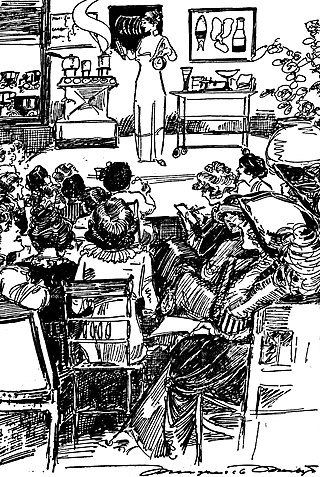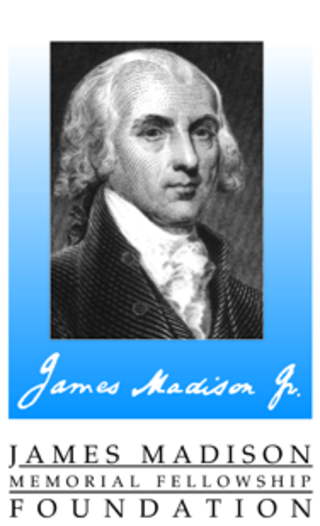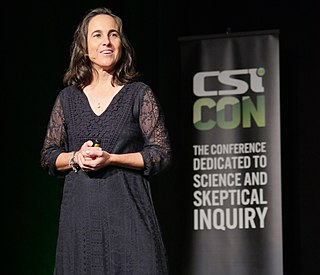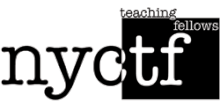
Postgraduate or graduate education refers to academic or professional degrees, certificates, diplomas, or other qualifications pursued by post-secondary students who have earned an undergraduate (bachelor's) degree.

A teacher, also called a schoolteacher or formally an educator, is a person who helps students to acquire knowledge, competence, or virtue, via the practice of teaching.
A Bachelor of Education is an undergraduate professional degree which prepares students for work as a teacher in schools. In some countries such as Tanzania and Kenya, additional tasks like field work and research are required in order for the student to be fully qualified to teach. It may also be accompanied with or followed by tests for licenses or certifications required for teachers in some areas.
Lecturer is an academic rank within many universities, though the meaning of the term varies somewhat from country to country. It generally denotes an academic expert who is hired to teach on a full- or part-time basis. They may also conduct research.
Teach For America (TFA) is a nonprofit organization whose stated mission is to "enlist, develop, and mobilize as many as possible of our nation's most promising future leaders to grow and strengthen the movement for educational equity and excellence".
The Postgraduate Certificate in Education (PGCE/PGCertEd) is a one- or two-year higher education course in England, Wales and Northern Ireland which provides training in order to allow graduates to become teachers within maintained schools. In England, there are two routes available to gaining a PGCE – either on a traditional university-led teacher training course or school-led teacher training.
The Diploma of Education, often abbreviated to DipEd or GradDipEd, is a postgraduate qualification offered in many Commonwealth countries including Australia, Sri Lanka, New Zealand, and the United Kingdom.
The School of Education and Human Development is a public school of education in the United States, on the campus of the University of Virginia in Charlottesville. The School of Education and Human Development offers professional programs designed to prepare individuals for a variety of careers related to the practice of education. The current Dean of the School of Education and Human Development is Stephanie J. Rowley.
A teacher-librarian or school librarian or school library media specialist (SLMS) is a certified librarian who also has training in teaching.

The New York City Department of Education (NYCDOE) is the department of the government of New York City that manages the city's public school system. The City School District of the City of New York is the largest school system in the United States, with over 1.1 million students taught in more than 1,800 separate schools. The department covers all five boroughs of New York City, and has an annual budget of $38 billion. The department is run by the Panel for Educational Policy and New York City Schools Chancellor. The current chancellor is David C. Banks.

The New York State Education Department (NYSED) is the department of the New York state government responsible for the supervision for all public schools in New York and all standardized testing, as well as the production and administration of state tests and Regents Examinations. In addition, the State Education Department oversees higher education, cultural institutions such as museums and libraries, vocational rehabilitation, and the licensing of numerous professions. It is headed by the Board of Regents of the University of the State of New York (USNY) and administered by the Commissioner of Education.
Alternative teacher certification is a process by which a person is awarded a teaching license even though that person has not completed a traditional teacher certification program. In the US, traditional teacher certification is earned through completing a bachelor's or master's degree in education, taking standardized tests, and fulfilling additional state requirements. Alternatively certified teachers typically possess a bachelor's degree from an accredited college or university and are completing an alternative certification program while teaching full-time. Other state certification requirements, such as the type of education coursework or the length of practice teaching, may be modified or waived. In the United States, alternative certification is offered in forty-eight states and the District of Columbia. Program prerequisites vary by state, but if you have a bachelor's degree and are legally eligible to work in the US, you'll likely meet the minimum requirements!
The American Board for Certification of Teacher Excellence, often referred to as the American Board, was launched with a $5 million federal grant from the U.S. Department of Education in 2001. The non-partisan, non-profit organization's mission is to certify subject experts, experienced professionals, career changers, and military veterans as teachers and was endorsed by U.S. Education Secretary Rod Paige. Shawn Arévalo McCollough serves as the President and Chief Executive Officer.

A certified teacher is an educator who has earned credentials from an authoritative source, such as the government, a higher education institution or a private body or source. This teacher qualification gives a teacher authorization to teach and grade in pre-schools, primary or secondary education in countries, schools, content areas or curricula where authorization is required. While many authorizing entities require student teaching experience before earning teacher certification, routes vary from country to country.

Vocational education in the United States varies from state to state. Vocational schools are post-secondary schools that teach the skills necessary to help students acquire jobs in specific industries. The majority of postsecondary career education is provided by proprietary (privately-owned) career institutions. About 30 percent of all credentials in teaching are provided by two-year community colleges, which also offer courses transferable to four-year universities. Other programs are offered through military teaching or government-operated adult education centers.

The James Madison Memorial Fellowship Foundation was established by the United States Congress in 1986 to encourage outstanding current and future secondary school teachers of American history, American government, and social studies in grades 7 through 12 to undertake graduate study of the roots, framing, principles, and development of the Constitution of the United States. The Foundation thus permanently commemorates the bicentennial of the Constitution and honors James Madison, fourth President of the United States and generally acknowledged "Father of the Constitution and the Bill of Rights."
Citizen Schools is an American nonprofit organization that partners with middle schools across the United States to expand the learning day for children in low-income communities. Its stated mission is "educating children and strengthening communities". Currently, Citizen Schools serves over 5,000 students and recruits over 4,280 volunteers over 31 program sites in 13 cities across 7 states. The center pieces of the Citizen Schools model are its apprenticeship programs run by volunteers that culminate in public demonstrations called WOW!s, and partnering with some middle schools to expand learning time for students. Citizen Schools offers the AmeriCorps National Teaching Fellowship providing a 2-year paid service opportunity for citizens interested in using their personal talents to enhance life opportunities for middle school students. Fellows in their second year can participate in a residency program operated by one of three university partners to obtain teacher certification in California, Massachusetts and New York. In honor of its 20 anniversary in 2015, Citizen Schools honored 20 alumni of the Fellowship who continue to make a profound impact in the community today.
Joel Westheimer is an American-born academic, and is a full professor at the University of Ottawa, in Ottawa, Ontario, Canada. He is known for his work in citizenship education.
Teaching English as a foreign language (TEFL), Teaching English as a second language (TESL) or Teaching English to speakers of other languages (TESOL) are terms that refer to teaching English to students whose first language is not English.

Bertha Vazquez is director of education for the Center for Inquiry, director of the Teacher Institute for Evolutionary Science (TIES), a program of the Center for Inquiry and a project of the Richard Dawkins Foundation for Reason and Science, and a middle school science teacher at the George Washington Carver Middle School in the Miami-Dade County Public Schools. She also manages the educational aspects of Science Saves and Young Skeptics, two other CFI programs.







